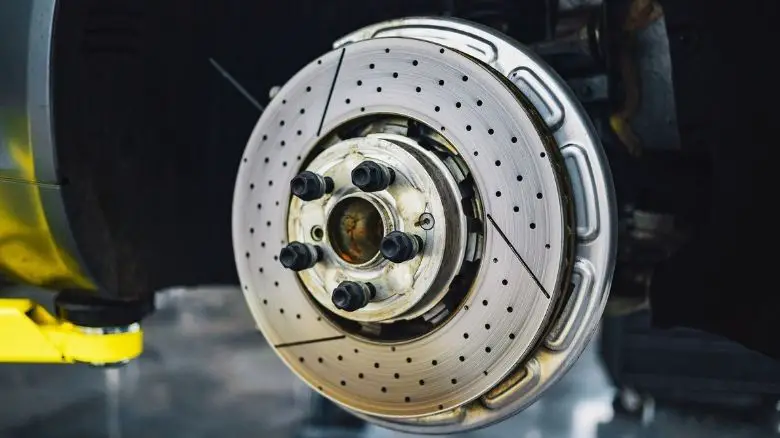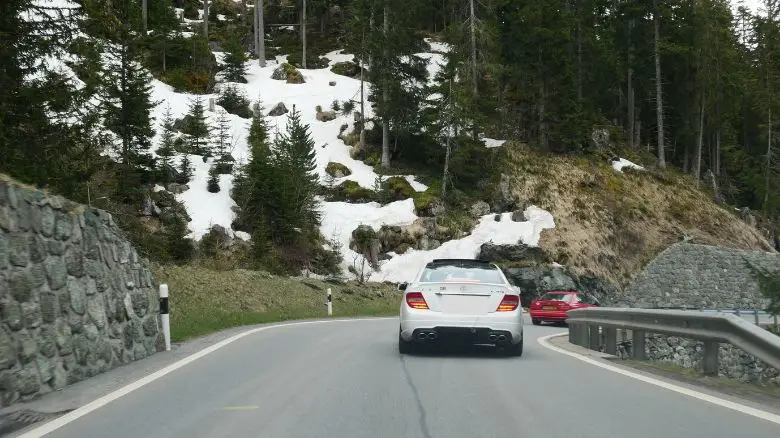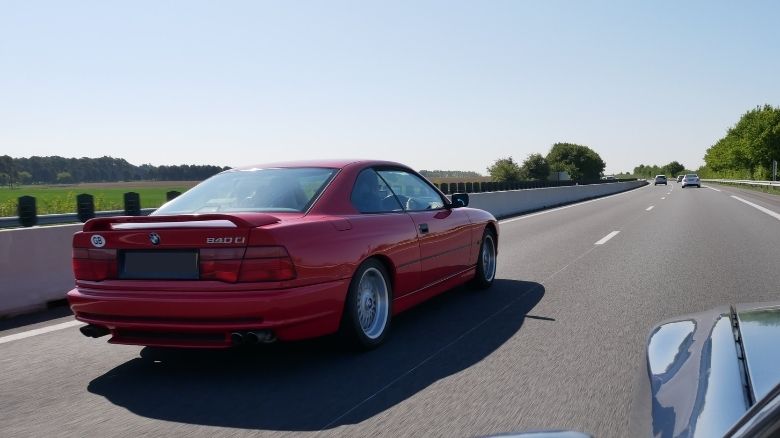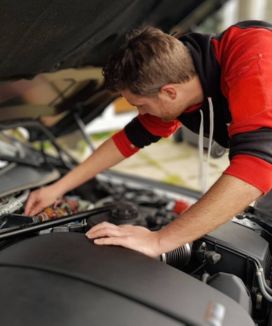Is Driving Fast Bad For Your Car?
Table of Contents
Driving fast is fun. It can be exhilarating to get behind the wheel of a powerful motor and open it up to really unleash its potential.
There’s something special about taking a powerful car and really giving it hell. It’s not just the thrill you get from driving at high speed, it’s the raw power. This is especially true if you have a high-performance car.
However, some car enthusiasts feel that there’s a correlation between ‘spirited’ driving and higher maintenance costs due to increased wear-and-tear.
While it might be fun to push your car to its limits, is driving fast bad for your car?
Driving fast is bad for the engine, drivetrain, suspension and various other components of a car as it causes them to wear more quickly. However, modern cars are built to tolerate speeds much higher than are legal on any public road.
Cars can handle high speeds, but regularly driving quickly will mean higher maintenance costs in the long-run. But is it good to sometimes drive your car hard, and is rapid acceleration bad for your car?
Does driving fast wear out a car’s engine?
It’s the act of driving aggressively, rather than driving fast, that wears out a car’s engine. Although driving fast puts additional strain on the engine, that strain will be minimal if higher speeds are reached smoothly.
While cars are capable of being driven quickly, an aggressive driving style will lead to shorter lifespans of many engine components.

Many people who drive fast will aggressively accelerate through the gears to reach higher speeds quickly, often nearing the redline in the process.
Constantly redlining the car and regularly driving at high revs is bound to have a detrimental effect on the engine over time as more stresses and strains are put on its essential parts and fluids.
Despite this, cruising at high speeds on the freeway / motorway is unlikely to have a huge impact if you have a modern car that’s built to tolerate these speeds.
Most cars are more than capable of comfortably doing 80 mph for long periods of time without any damage being caused. Even driving at 100 mph isn’t bad for the majority of cars, as long as you don’t drive at those speeds all the time.
Driving smoothly and shifting sensibly through the gears to reach higher speeds is by far the best way to protect your engine if you want to drive quickly on long journeys.
Is rapid acceleration bad for your car?
Rapid acceleration creates additional strain on your engine, transmission, and tires. It’s bad for your car as it will wear these parts much quicker than if you were to accelerate slowly, although doing it in moderation won’t cause much harm.
Heavy acceleration places untold stress on the drivetrain, which will weaken and eventually fail over time with regular hard acceleration.
You should accelerate your car gradually, rather than quickly, to prevent long-term damage being caused to the transmission, differential, driveshaft and other important components.
Tires are another important element to consider. Rapid acceleration will quickly wear down the tread on the car’s tires as they struggle to maintain grip on the asphalt. Rubber will literally be burnt off due to the friction, hence the term ‘burning rubber’.

Not only could this eventually make the car unsafe to drive once the tread is worn below the legal limit, but it will end up costing a lot of money to get the tires replaced regularly.
On top of the extra tire cost is the additional cost of fuel. Hard acceleration is the quickest way to burn through significant amounts of fuel.
Of course, as with driving at high speeds, rapid acceleration in moderation is fine as long as it remains legal.
Is braking hard bad for your car?
Braking hard is bad for your car as it wears down your brake pads and brake discs, and can cause tires to lock-up and flat-spot. It also has the potential to cause the anti-lock braking system to kick-in, leading to premature wear.
With fast driving usually comes hard braking, and this is bad for your car for a number of reasons.
Brake pads and discs have a limited lifespan and will wear down over time, but hard braking expedites that process.
There’s also the potential for the brake discs to warp with a lot of heavy braking due to the excessive heat generated.

The anti-lock braking system (ABS) should only be required in an emergency, so if it’s kicking in regularly due to aggressive braking then it’s likely to fail prematurely.
It’s not only the brakes that suffer either. The suspension, driveshaft, and various other components can be put under immense pressure when the brakes are slammed on.
All of these consequences can end up being very costly for the driver, so it’s best to try and brake gradually when not in an emergency situation to avoid hurting your car.
Is it good to drive your car hard sometimes?
Driving your car hard is not good for it, although occasional hard driving will not be too detrimental.
Fast acceleration, high speeds, hard braking, and throwing your car into bends are all considered to be signs of driving a car hard.

If you push your car too hard you could end up being involved in a crash, or the police may fine you for dangerous driving. It will also take its toll on your car.
Whilst it’s never a good idea to put undue stress on your car if you don’t need to, the occasional spirited drive shouldn’t do too much harm.
One element of hard driving, however, has been known to help the engine…
Does driving fast clean your engine?
Driving fast once in a while can clean out any carbon deposits that have built up inside the engine.
Commonly known as an ‘Italian tune-up’, driving your car at full-throttle every now and again can actually help to clear out deposits that have built up in the engine and exhaust.
Carbon builds up naturally through regular driving and when cars are only used for short journeys. This can cause poor engine performance, including sluggish acceleration.
You don’t need to drive at 100 mph to clean it out, rather keep the car in a relatively high rev range for an extended period of time. A 20 minute blast down an open road should do the job.

This is not as much of an issue today as it was before the days of complex onboard computers. Nowadays, these computers can detect issues as they arise and finely balance the engine’s performance to prevent the build up of carbon.
Should I drive fast?
Whilst driving fast isn’t necessarily bad for your car when done sporadically, it’s not good for it either. It’s more your driving style that dictates how much wear is caused to your vehicle.
If you choose to drive fast it’s likely you will end up spending more money on replacing or fixing engine parts, fuel, changing your tires more regularly, and potentially having to pay police fines if you drive over the speed limit.
ABOUT THE AUTHOR
Adam Chinn writes about the intersecting worlds of classic cars, driving pleasure, and smart investment strategies. Starting his journey at 26, he’s proven that one doesn’t need to be wealthy to begin investing in classic cars.
Adam’s insights have been recognized on platforms such as MoneyInc, Swagger Magazine, and Top Speed.



